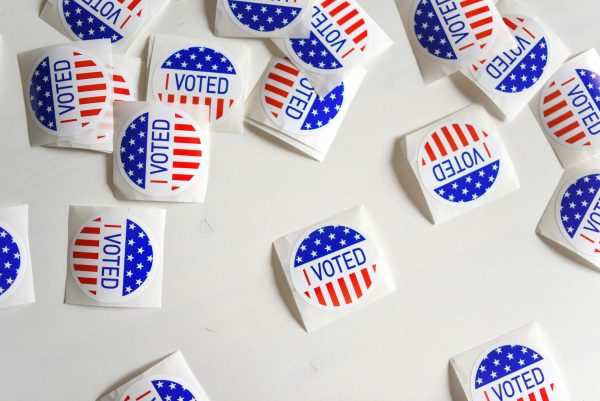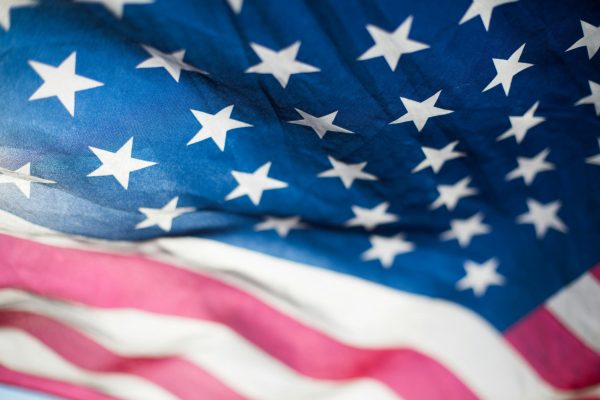It’s Time to Part with Spirit Court’s Two-Gender Binary
A gender neutral Spirit Court would promote a more fair and equal court
Tradition is deeply embedded in ELHS culture and daily life from classes, sports, and even the name “Vikings.” Students, parents, and alumni fight for their right to preserve passed-down values, only occasionally considering the possible consequences of outdated Viking heritage. It is important to maintain pride in our maroon-and-white community, but it’s time to tweak those traditions that don’t make sense anymore.
It is time to rid Spirit Court of the two-gender binary.
Dumping customs isn’t new to ELHS. After 2019, the orange pass during Spirit Week was officially wiped away. This event consisted of a line up of alternating boys and girls who would pass an orange down the line with their necks. This was eliminated due to the proximity of kids’ faces during the pandemic.
Jumping back in time to the darkest and most inappropriate of these traditions, in the ‘70s and early ‘80s, was ELHS’s “slave day.” As a fundraiser for the underclassmen, on this Spirit Week day, seniors would “purchase” underclassmen to serve them. Underclassmen would be asked to complete tasks such as carrying books to classes, making a fool of themselves, and doing whatever the senior forced them to do. Underclassmen would often be mistreated by their older peers. This, as well, has been eliminated from ELHS Spirit Week as necessary, because the tradition promoted unethical values of students and the school.
In the past as needed, ELHS has rid itself of some traditions, and that time has come for the two gender binary Spirit Court. The tradition contributes to the exclusion of gender non-conforming students through the process of getting voted into a court with only two genders. If Spirit Court is purely based on fun and school spirit, it should be genderless.
The purpose of Spirit Court itself is to give recognition to the most spirited students in each grade. The people voted on are those who go above and beyond in school spirit, including costumes and activity participation. This can be accomplished just as easily, if not easier, if the idea of voting in categories of boys and girls is discarded. By using the label “people” or “students,” rather than “boys and girls,” it allows the student body to honestly choose the candidates that correctly fill that role rather than forcing less deserving candidates into the title based upon fitting a gender requirement. Under this new model, those who deserve the title have an increased likelihood of earning recognition regardless of gender.
A gender neutral Spirit Court is also a step toward necessary inclusion and validation for queer students.
If a person is questioning their gender identity, having the opportunity to be involved in the school without fitting into the societal standard of gender encourages them to continue finding their identity, without unnecessary pressure. Being forced into the box of the two gender binary can stunt growth and make defining identity more difficult.
A gender neutral system also lets everyone, especially queer kids, know that even if they don’t care to run for Spirit Court, the school is extending its hand in inclusion and wants to put in the work to create a safer atmosphere.
If ELHS adopts this model, our school wouldn’t be alone.
According to The Chicago Tribune, Purdue University made the switch from Homecoming King and Queen to Homecoming Royalty in efforts to promote diversity. Northwestern University and Pennsylvania State University also adopted gender neutral versions of their homecoming courts. Like colleges, high schools across the nation are following in their footsteps, as should ELHS.
There are ways to savor tradition without bringing along the harmful, antiquated accessories. It’s time to reframe the way we look at tradition: not as good or bad, but finding ways to preserve the fun while progressing with society.
Your donation will support the student journalists of East Lyme High School. Your contribution will allow us to purchase equipment and cover our annual website hosting costs.



